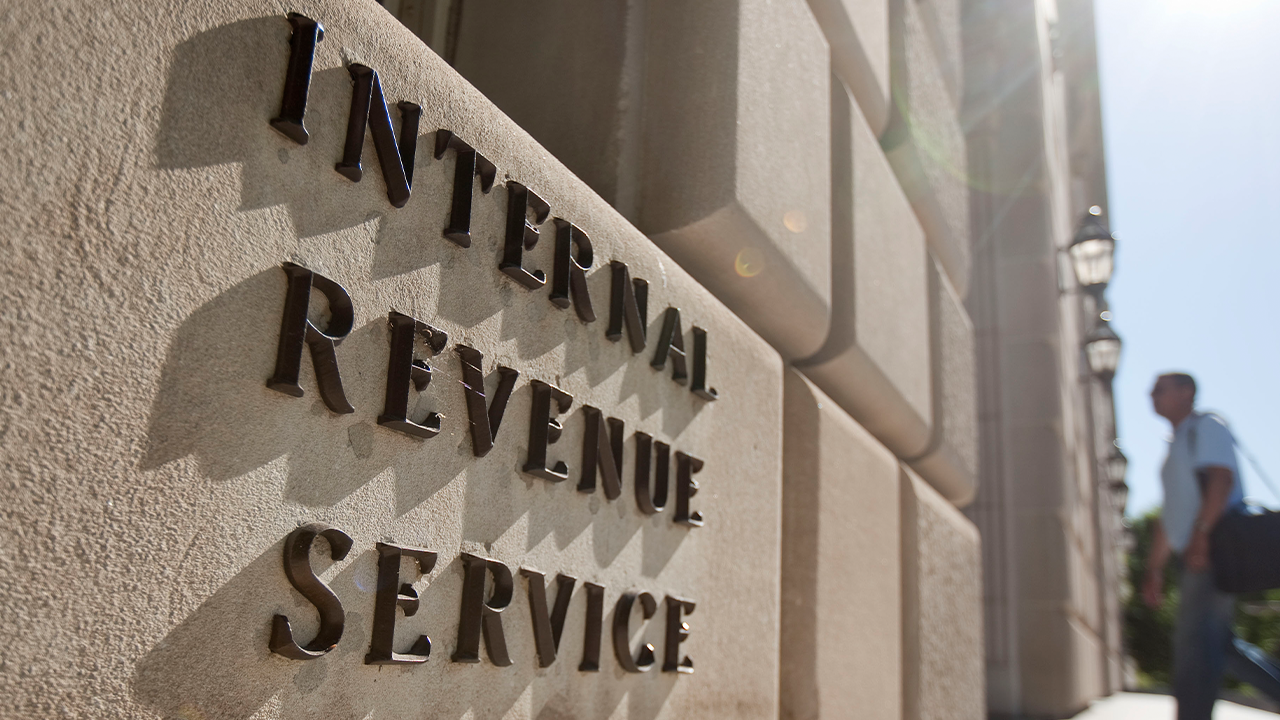In an astonishing revelation from the Internal Revenue Service (IRS), over $1 billion in unclaimed tax refunds from 2020 are waiting to be claimed by nearly 940,000 Americans who have yet to file their tax returns for that year. With a deadline looming on May 17, taxpayers are urged to submit their 2020 tax filings to secure an average refund of approximately $932. This unclaimed treasure is most prevalent in states like Florida and Texas, signalling a significant opportunity for many to recover funds during economically uncertain times.

The Race Against Time: File Your 2020 Taxes Now
The IRS’s announcement highlights a crucial consideration for taxpayers who may have overlooked or delayed their 2020 filings. The clock is ticking for those eligible for refunds to take action. As the May 17 deadline approaches, it is imperative for individuals to file their taxes to not only remain compliant but to also reclaim what is rightfully theirs. This call to action is especially pressing considering the potential financial relief these refunds could bring to many households.
The Rising Economic Anxiety Among Young Americans
A Generation on Edge: Financial Insecurity and the Fear of Homelessness
A recent survey conducted by Acorns and Opinium Research has illuminated a stark reality for many young Americans. Nearly one-third of Gen Z and millennials report concerns over financial stability so severe, they fear it could lead to homelessness. This anxiety is compounded by findings that 33% of millennials and 28% of Gen Z individuals feel unable to enjoy life due to constant financial stress.
This pervasive sense of financial precariousness is more than just numbers; it’s a reflection of the growing uncertainties facing a generation grappling with unprecedented economic challenges. The impact of this stress is profound, influencing not only the mental health of young adults but also their lifestyle choices and future planning.

Balancing Life and Financial Obsession
For many young people today, the pursuit of financial security has become a central focus, often at the expense of leisure and personal enjoyment. This shift in priorities underscores a broader cultural change where financial health is paramount, driving individuals to forego experiences and opportunities in favour of economic stability.
In Other News: Shortages, Discounts, and Dream Vacations
Beyond Economic Challenges: What Else You Shouldn’t Miss
The economic landscape is dotted with various consumer-focused stories that highlight both challenges and opportunities. A notable mention is the recurring Sriracha shortage, which has become a peculiar yet disruptive element for spicy food lovers. Meanwhile, budget-conscious shoppers can look forward to summer price cuts at discount retailer Aldi, potentially easing some of the financial burdens during the inflationary period.
For those dreaming of escaping the financial doldrums, a 114-day cruise priced at $25,000 offers an unparalleled opportunity to see the world, proving that adventure still awaits, despite economic hardships.
👨🏾💻 Need Help?! Inbox me if you're one of these possible 1 million taxpayers.
The IRS estimates more than $1 billion in refunds remain unclaimed because people haven’t filed their 2020 tax returns yet. The state-by-state table below shows how many people are potentially… pic.twitter.com/GKjfB99naR— Xavier Epps (@FinanceGuyX) May 9, 2024
Vacation Woes: Denied Time Off and the Need for a Break
As summer approaches, the anticipation of vacations grows. However, many find themselves at a standstill with employers denying time off. This issue not only affects personal relaxation and family time but also reflects on broader workplace cultures and policies that may prioritize operational needs over employee well-being.

Conclusion: A Call to Awareness and Action
As The Daily Money continues to provide concise and impactful consumer news, it’s clear that the financial decisions made at federal, corporate, and personal levels significantly shape our daily lives. From reclaiming tax refunds to addressing the underlying economic anxieties of younger generations, the need for proactive financial management and empathetic policy-making has never been more critical. Whether it’s securing your unclaimed tax refund or addressing the mental toll of financial instability, the time for action is now.










